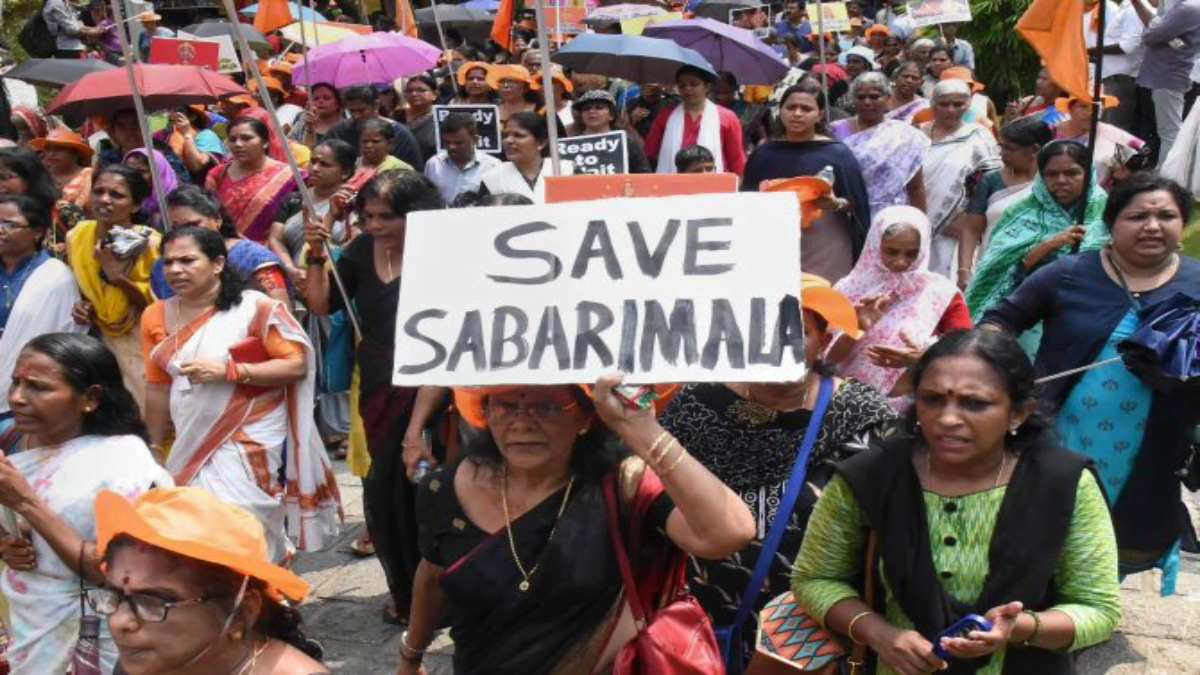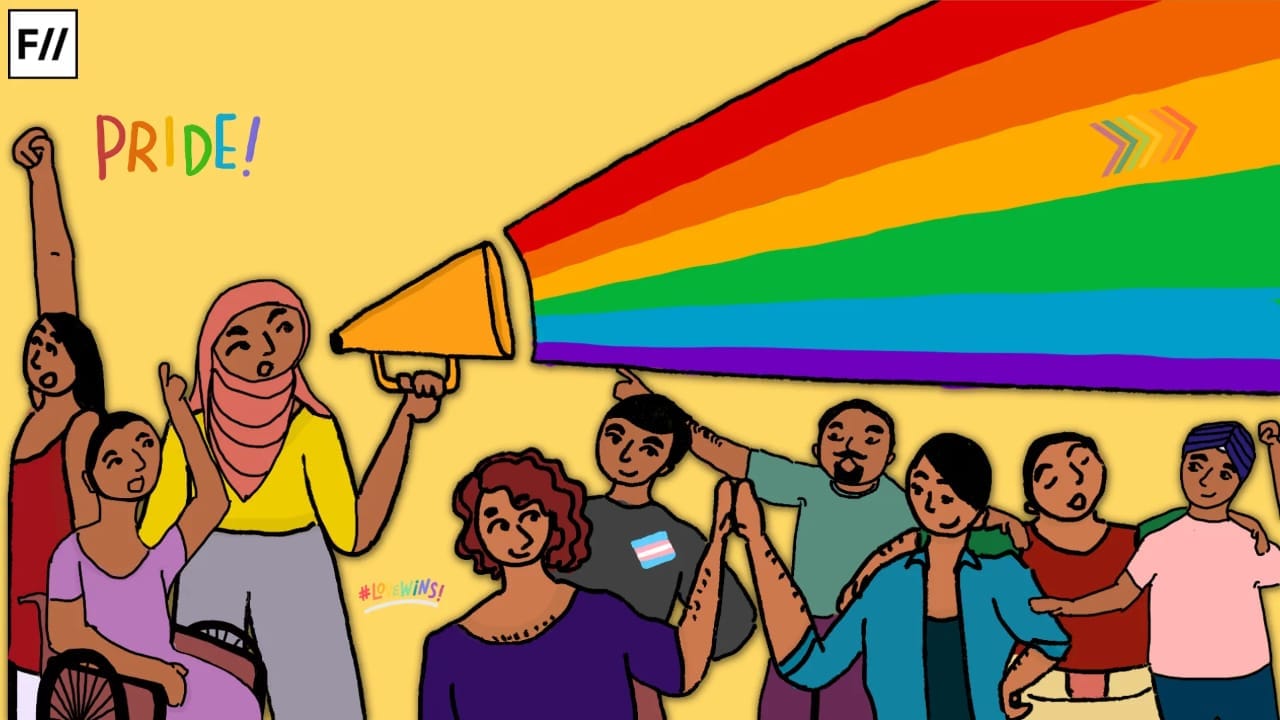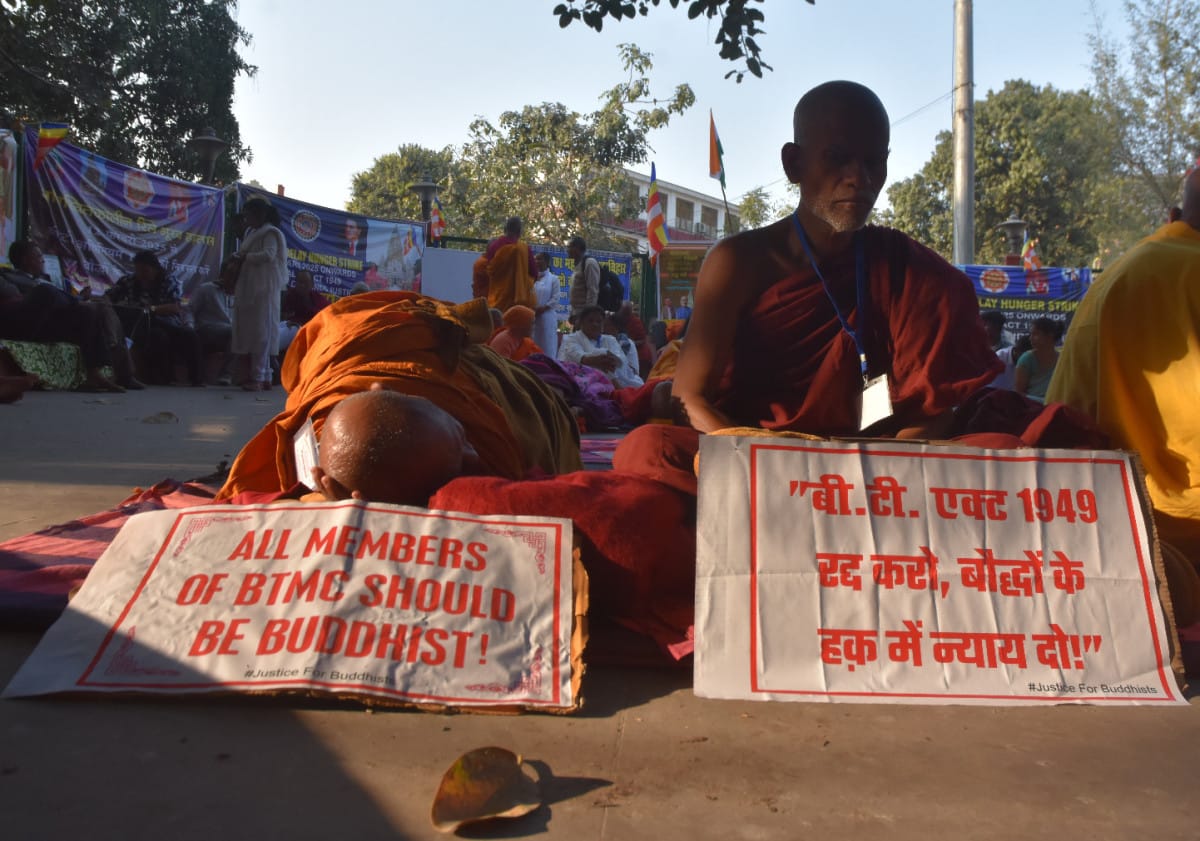Sabarimala temple, one of the most visited Hindu pilgrimage centers in South India has not yet cleared its name from a list of controversies. And yet, a new one occurred on September 10, 2023 following the tender decision for the production of ‘unniyappam’ (temple offering). In the alleged incident, a Dalit man who won the tender was verbally and physically abused (slapped and spat on face) by two of the bidders for the tender at Thiruvananthapuram, Kerala. The two accused also called his caste name, saying that none of the low caste untouchables could take part in the Devaswom tenders unless all the upper caste Hindus are wiped away from the face of the earth.
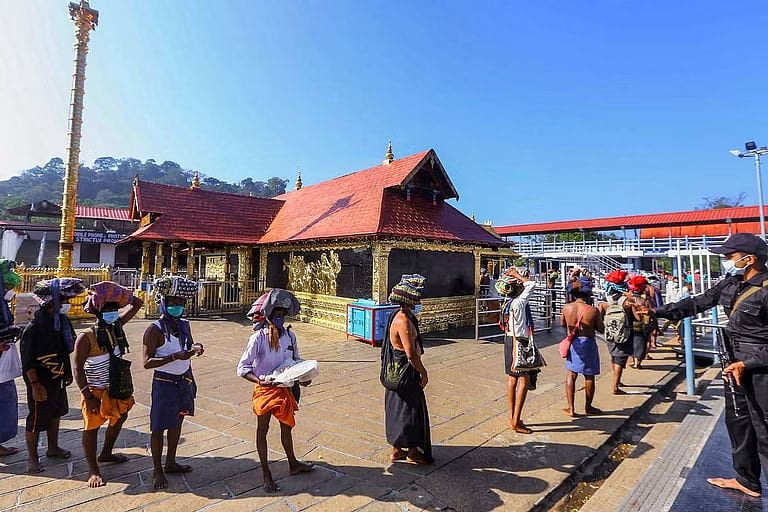
On the complaint filed by the alleged victim state police has registered a case under section 3(1) (s) of the Scheduled Castes and Scheduled Tribes (Prevention of Atrocities) Act 1989, IPC Sections 294 B and 34. However, the police has stated that there are eye witnesses to validate the allegations to add strength to the case. The alleged attackers have absconded and the police is trying to trace them sooner. In the words of the victim,
‘After winning the tender, I was standing at the parking lot of the Devaswom Board office in Nandancode. The accused approached me and addressed me as ‘Pulaya’ and asked me why I participated in the tender of Sabrimala, which belongs to the Hindus and not Pulayas. They later threatened me that I will not be allowed to step into the temple compound. In front of all, they spat on my face as well.‘
This is a visible denial of human rights and an act that needs much contemplation especially surrounding the context of Sabarimala. This is because Sabarimala, though a sacred space worshipped by all believers alike has also previously witnessed such cases of discrimination whether centered on gender or caste. On 28 September 2018, the Supreme Court had cancelled the rule which prevented females in the age group 10-50 from entering the Sabarimala temple, calling it a violation of the Constitution including the Right to Equality as a fundamental right and also Article 17 which abolishes untouchability establishes the right of all individuals to ward off discriminatory practices.
On 28 September 2018, the Supreme Court had cancelled the rule which prevented females in the age group 10-50 from entering the Sabarimala temple, calling it a violation of the Constitution
However, the passing of this verdict alone did not affect any change in the practices of the temple. But rather, it inaugurated in a series of protests ‘for’ and ‘against’ this temple entry for females, politically backed and slammed by political parties to garner their barn with votes. Though, it eventually led to the temple entry of a few women. The new order of modernity was never really instated and the old system continues to operate without much changes. The women and the supporters who protested for equality in the temple entry were cast aside as a cult of hyped or masked feminists.
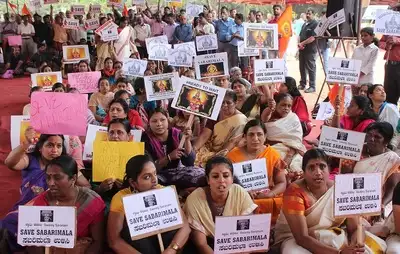
The Sabarimala discrimination surrounding caste is connected with the appointment of only Brahmin priests as the chief priests of the temple. However, the Devaswom Recruitment Board Bill from 2015 ensured the appointment of priests from Other Backward Classes and Scheduled Castes. Nevertheless, most famous temples called the Pancha Sastha temples and among them Sabarimala, continue to operate in the Brahmanical mode of appointment only. However, the cases filed at the Kerala High Court seeking a redressal of these issues ended up in the justification of the appointments by the chosen amicus curae. Some of the reasons given included the current procedure for selection which was approved by the Supreme Court and that, as the ‘thantri’ of Sabarimala is considered the father of the deity as well as the heading priest for the officiating ceremony of the priest, his opinion should also be considered. Amicus curae also informed the court that the appointment was also equally decided by the Travancore Devaswom Board according to the customs and practices.
‘My teacher always said that knowledge, dedication and devotion matter, not the caste,‘ said 40 year old Sumesh P S, who got appointed as the first non-Brahmin priest at Achankovil Sastha Temple in Kerala, one among the five Pancha Sastha temples in the state, some years ago.
It is also to be noted that the Government of Kerala created history by appointing thirty-six non-Brahmins including six Dalits as priests in Kerala in 2017.
But unwisely enough, its customs and practices date back sixty years and yet, there has not been any serious attempt to bring a deeming change as per the times. Even the term as suggested for eligibility in the appointments, ‘Malayali Brahmin’, is not yet defined and also it is not a denomination in the state. Hence, the issues surrounding caste based appointments still needs to be studied properly and decoded well enough before supporting any of these arguments. It is also to be noted that the Government of Kerala created history by appointing thirty-six non-Brahmins including six Dalits as priests in Kerala in 2017. Yedhu Krishnan became the very first Dalit priest to be appointed at Manappuram Lord Shiva temple in Thiruvalla, Kerala. Yet the Government remains powerless in appointing non-Brahmin chief priests in Kerala, though the Devaswom minister of Kerala, Kadakampally Surendran ensured the media that their silent revolution will reach up to Sabarimala priesthood.
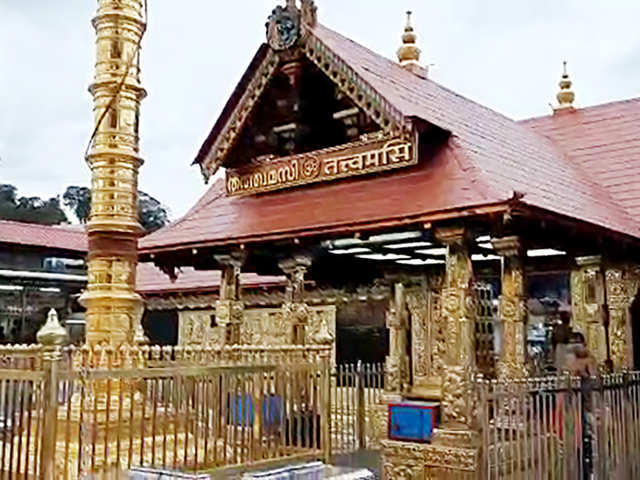
According to the latest reports, High Court of Kerala appointed the retired Justice K. Padmanabhan Nair to observe the appointment of the chief priest at Sabarimala and Malikapuram temples. Now it is decided that the interview process would be more open, including videotaping, spot assignment of marks on sheets and signing of these by each of the candidate. These marks will be checked by the High Court assigned observer. Also, a report regarding the same must be submitted by the Sabarimala Commissioner along with the CD and marksheet to the High Court. However, the decision is to draw lot from the group of shortlisted candidates interviewed by the Travancore Devaswom Board which again makes all the above mentioned steps meaningless. The person picking the lot should also be selected by the senior Raja from the concerned palace. The lot picking should have been avoided and selection based on the highest score secured by the candidate would have sufficed, but the upper hand provided to the regals and the Board is continued. Thus, on and on goes the process of trying to reach parity but without any clarity or transparency as to why.
The frequency of such discriminatory acts continues to rise even when we believe that the world around us is changing little by little. And these will continue to happen as long as one believes that ‘education is hypocrisy in disguise’ and some consider power to be too valuable to hand it over to suppressed groups. In such circumstances, it is only through the judicial system that we could bring a proper and desirable change and destroy of the centers of power. Another issue consciously overlooked in these cases is none other than the fact the vast number of pilgrims who crowd their way to the Sabarimala temple includes people from all castes alike. Their entrance or offerings to the deity is never segregated or questioned, then from where does this question of caste emerge in the case of chief priest appointments? This is simply due to the fact that offerings by pilgrims amass wealth to the managing committees irrespective of caste whereas priest appointment is still a matter of power and privilege reserved only for the powerful.
About the author(s)
Vidhu (she/her) is an emerging writer with Masters in English language and literature, keen on learning the politics of the world around her. She has dreams to create a career in journalism and writing, where she unburdens her self. She has a great taste for movies from varies geographical spans and pens down poetry in magical charms. She is open to projects or research centring on humanities.
